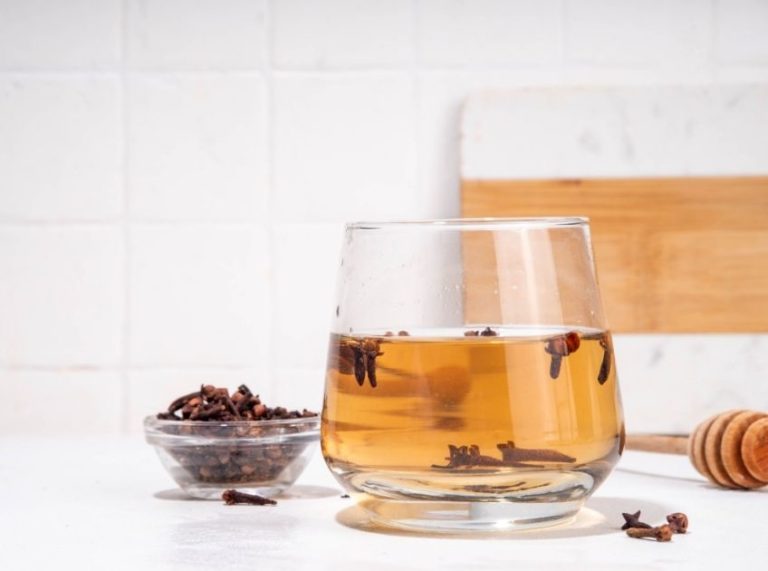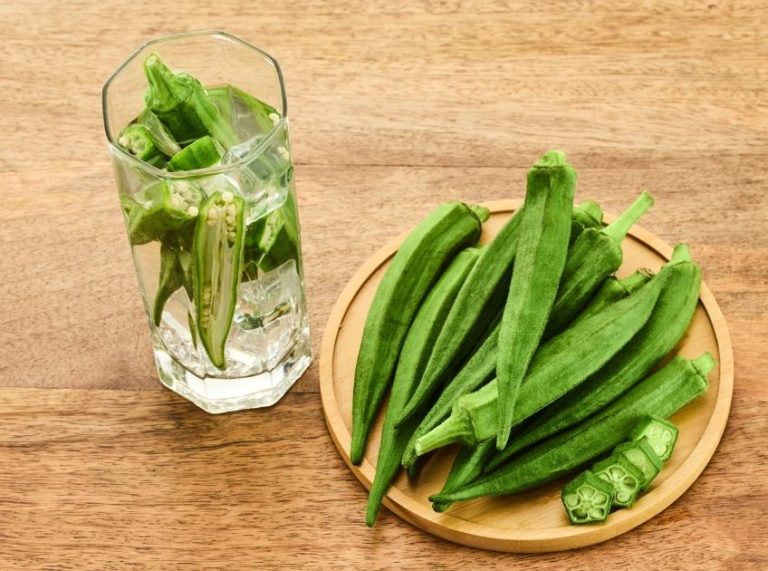
Important: This article is for informational purposes only. Please read our full disclaimer for more details.
Inflammation is a natural response that helps your body heal. However, long-term (chronic) inflammation may contribute to many health issues, including joint pain, fatigue, digestive problems, heart disease, and autoimmune conditions. One simple yet powerful way to support your body’s natural healing process is by drinking anti-inflammatory herbal teas. These teas contain plant compounds that soothe inflammation, support immunity, and promote overall wellness.
If you’re looking for gentle, natural ways to improve your health daily, the right tea habits can make a significant difference.
Sip Your Way to Healing: Why Anti-Inflammatory Teas Matter
Tea has long been used in traditional medicine across various cultures. Many herbal teas are rich in antioxidants, polyphenols, and herbal compounds known to fight inflammation at a cellular level. Drinking anti-inflammatory teas regularly can help reduce internal swelling, ease discomfort, support digestion, and calm the nervous system.
7 Powerful Anti-Inflammatory Teas to Add to Your Daily Routine
Below are seven of the most research-backed anti-inflammatory teas. Each includes key benefits, how to brew, and the best time to consume for maximum results.
1. Turmeric Tea – The Golden Anti-Inflammatory Powerhouse
Turmeric contains curcumin, a well-researched anti-inflammatory compound that helps reduce inflammation and oxidative stress.
Benefits:
- Helps ease joint pain and arthritis discomfort
- Supports digestion and gut health
- May reduce inflammation linked to metabolic and autoimmune conditions
How to Prepare:
- Simmer 1 teaspoon turmeric powder or fresh turmeric slices in hot water for 10 minutes. Optional: add a pinch of black pepper to enhance curcumin absorption.
Best Time to Drink: Afternoon or evening, especially after meals for digestion support.
2. Ginger Tea – Natural Pain and Inflammation Relief
Ginger contains gingerol, a compound that helps decrease inflammation and oxidative stress while easing nausea and pain.
Benefits:
- Reduces muscle soreness and menstrual cramps
- Helps soothe digestive inflammation and nausea
- May reduce inflammatory markers such as CRP (C-reactive protein)
How to Prepare:
- Boil 1 to 2 teaspoons of fresh ginger slices for 5–8 minutes. Strain before drinking.
Best Time to Drink: Morning to stimulate digestion, or after meals to reduce bloating.
3. Green Tea – Antioxidant and Anti-Inflammatory Superdrink
Green tea is rich in catechins, especially EGCG (epigallocatechin gallate), known for its strong anti-inflammatory and antioxidant effects.
Benefits:
- Reduces oxidative stress and supports healthy aging
- May protect against heart disease and metabolic inflammation
- Supports weight management and brain function
How to Prepare:
- Steep 1 teaspoon green tea leaves in hot water for 2–3 minutes. Avoid boiling water to prevent bitterness.
Best Time to Drink: Morning or early afternoon for a natural energy boost.
4. Chamomile Tea – Calm and Soothe the Body and Mind
Chamomile is known for its calming effects and contains flavonoids that help reduce inflammation while supporting the nervous system.
Benefits:
- Helps ease stress-related inflammation
- Supports better sleep and relaxation
- Aids digestion and may help with mild inflammatory gut issues.
How to Prepare:
- Steep dried chamomile flowers or a chamomile tea bag in hot water for 5 minutes.
Best Time to Drink: Evening or before bedtime to improve sleep quality.
5. Peppermint Tea – Cooling Tea for Digestive Inflammation
Peppermint contains menthol, which has antispasmodic and anti-inflammatory effects that help relax muscles and soothe the digestive system.
Benefits:
- Helps relieve bloating, gas, and IBS-related inflammation
- May ease headaches and sinus inflammation
- Supports digestive comfort after meals
How to Prepare:
- Steep fresh peppermint leaves or a peppermint tea bag in hot water for 5–7 minutes.
Best Time to Drink: After meals to aid digestion.
6. Rooibos Tea – Antioxidant-Rich and Naturally Caffeine-Free
Rooibos is a South African herbal tea rich in quercetin and aspalathin, which help fight inflammation and oxidative stress.
Benefits:
- May help reduce inflammation linked to heart and skin health
- Supports immune function
- Suitable for all ages as it is caffeine-free
How to Prepare:
- Steep rooibos leaves or a tea bag in hot water for 6–8 minutes.
Best Time to Drink: Any time of the day, including evenings, due to its caffeine-free nature.
7. Holy Basil (Tulsi) Tea – The Ayurvedic Anti-Stress Healer
Holy basil, known as Tulsi, is an adaptogenic herb used in Ayurveda to reduce stress and support the body’s inflammatory response.
Benefits:
- Helps lower cortisol and stress-induced inflammation
- Supports immunity and respiratory health
- May improve mood, mental clarity, and energy balance
How to Prepare:
- Steep fresh holy basil leaves or Tulsi tea bags in hot water for 7–10 minutes.
Best Time to Drink: Morning to balance stress or late afternoon to support relaxation.
How to Make the Most of Anti-Inflammatory Teas: Tips and Precautions
For Best Results:
- Aim for 1 to 2 cups daily to experience consistent benefits
- Choose organic, high-quality teas to avoid chemicals that may counteract health benefits
- Combine teas such as ginger and turmeric or chamomile and peppermint for added support
- Pair tea consumption with an anti-inflammatory diet and lifestyle
Precautions:
- Individuals taking blood thinners should consult a doctor before consuming turmeric or green tea regularly
- Pregnant or breastfeeding people should check with a healthcare professional before using herbal teas frequently
- Start slowly if you are sensitive to herbs or have known allergies
What Does Research Say?
Scientific research supports the anti-inflammatory properties of these teas:
- Curcumin in turmeric has been shown to reduce inflammatory markers in people with arthritis and metabolic inflammation. (1)(2)
- Green tea catechins, especially EGCG, can help reduce inflammation associated with cardiovascular and metabolic disorders (3)(4)
- Ginger consumption has been linked to reduced muscle soreness, improved digestion, and lowered inflammatory biomarkers (5)
Traditional medicine practices, such as Ayurveda and Traditional Chinese Medicine, have successfully used these herbs for centuries, and modern studies now reinforce their benefits.
Frequently Asked Questions (FAQ’S)
1. How soon can I see results from drinking anti-inflammatory teas?
A. Most people notice subtle improvements in digestion, inflammation, and energy levels within 2 to 4 weeks with consistent intake.
2. Can I drink more than one type of anti-inflammatory tea per day?
A. Yes, you can rotate or combine teas, but introduce combinations slowly to assess tolerance.
3. Are anti-inflammatory teas a replacement for medical treatment?
A. No. They support wellness but should not replace medical care for chronic or serious inflammatory conditions.
Anti-inflammatory teas offer a simple, enjoyable way to support your health daily. With consistent use, they can soothe inflammation, strengthen immunity, and nurture both body and mind. Start with one or two teas that match your health goals and gradually build a routine you enjoy.















